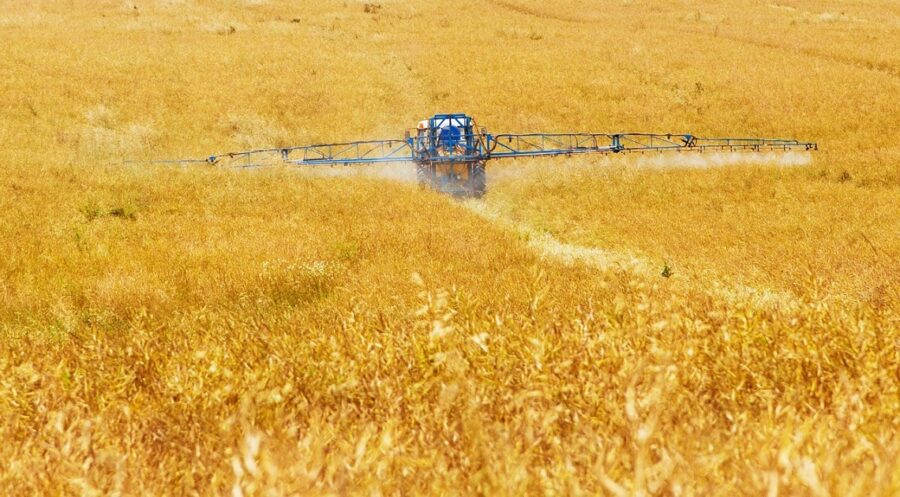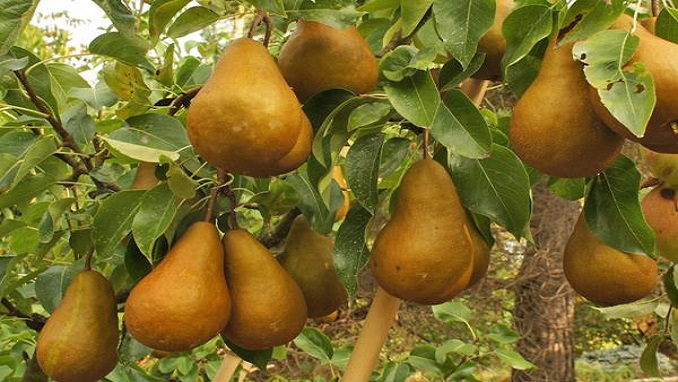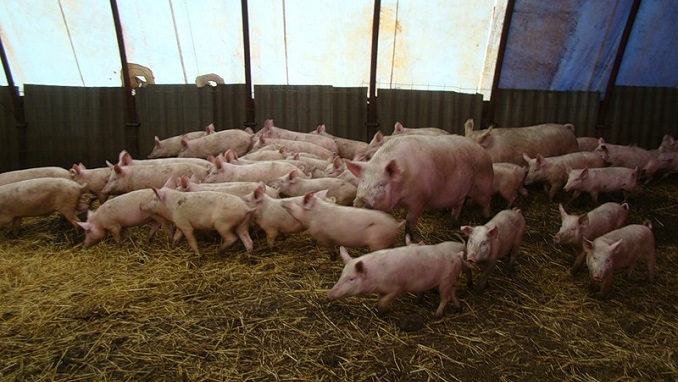A top UN official claimed that the shipment of grains and fertilizers under the Black Sea grain deal has continued to have an impact as seen by the decline in food prices worldwide.
According to Rosemary DiCarlo, UN under-secretary-general for political and peacebuilding affairs, there is “no end in sight to the fighting or the suffering” as the Russia-Ukraine war approaches its one-year mark.
Russia and Ukraine separately signed a pact on July 22, 2022, in Istanbul with Turkey and the UN regarding food and fertilizer shipments from Ukraine and Russia to assure supply to international markets notwithstanding the military war between Russia and Ukraine.
On November 19, when it was set to conclude, the Black Sea Grain Deal was given an additional 120 days.
According to DiCarlo, more than 17 million metric tons of food have already been transferred due to the agreement and are already in or on their way to 43 different nations.
She said that around 20% of the total is allocated to nations with lower-income or low-middle-income economies according to the World Bank.
“The United Nations also continues its engagement with all stakeholders to remove remaining obstacles to Russian food and fertilizer exports, including ammonia. These exports are key to keeping prices down and mitigating food insecurity, and we urge all concerned to work to that end,” said DiCarlo.
Additionally, the UN FAO food price index showed a little fall from October to 135.7 in November, which was still somewhat above pre-war levels and well below the record high of 159.7 established in March.
In response to rising inflation, central banks have tightened monetary policy further, driving up interest rates to 4.5% in the US, 2.5% in the eurozone, and 3.5% in the UK. This has increased concerns about an oncoming recession.
The eurozone economy will contract in the current and next quarters, according to the European Central Bank, as a result of the oil crisis, global instability, a weakening world economy, and tightening financial conditions.
To help curb food shortage, the UN FAO and WTO conducted a study and made a number of strong suggestions to the G20 governments, an international body made up of 19 nations and the European Union, all of which were aimed at reducing problems with the food supply caused by the shortages.
The WTO and FAO study recommends “mobilizing foreign financial help” and putting in place instruments like “fertilizer contract swaps” to do this while reducing farmer expenses.
Moreover, in late November a press release confirmed the relaunch of operations of Lithuanian fertilizer manufacturer Lifosa, a subsidiary of the Swiss EuroChem Group AG.
“With the need to continue fertilizer supplies to key target markets in Europe and the Americas and the importance of Lifosa to Lithuania, we are pleased that we will be able to restart production in the short term,” Brikho noted.
The announcement further emphasized that removing restrictions on obtaining premium raw materials from EuroChem would allow Lifosa to once again meet the high cadmium limits imposed by the EU Commission.



